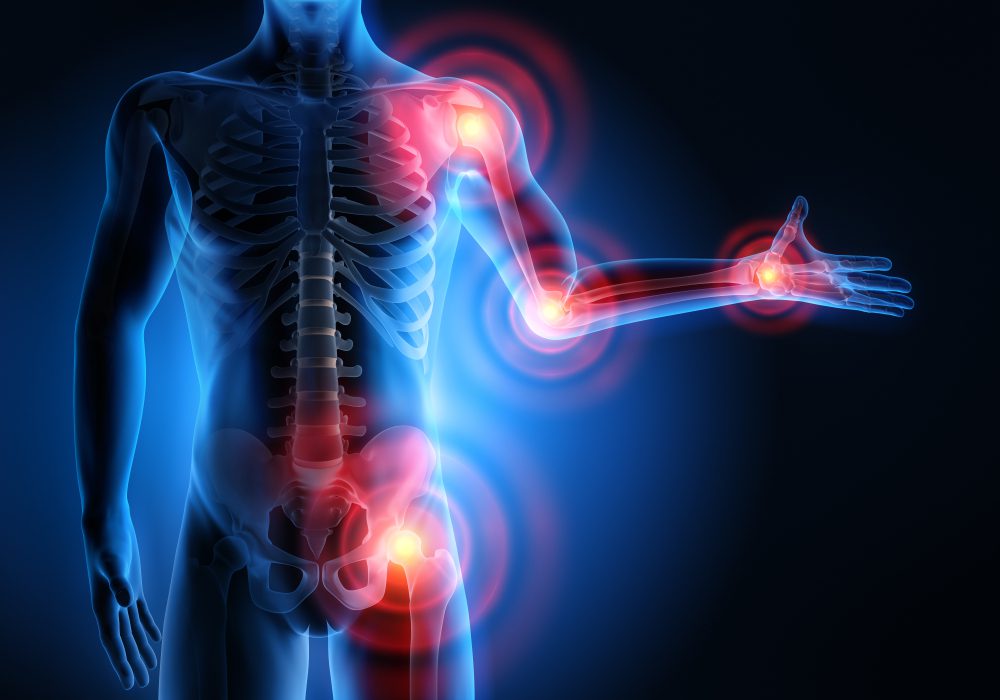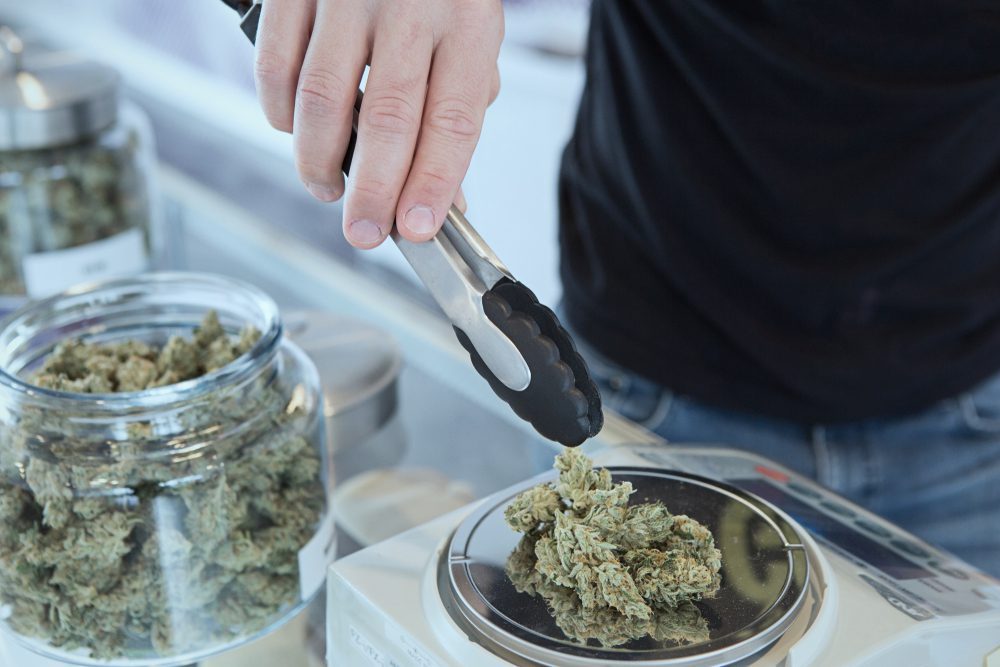Consumers and healthcare experts are becoming increasingly interested in the therapeutic benefits of medical marijuana for treating various conditions, most frequently chronic pain management.
In some patient demographics, medical marijuana may be a viable substitute for opioids, according to several studies. Many medical diseases and symptoms may benefit from the usage of medical marijuana.
Once you have found a way to manage your chronic pain, it is easier to get back to being the person you want to be in your relationships, both romantic and otherwise.

What are the Benefits of Marijuana for Chronic pain and how it can Improve Quality of Life?
Research shows that using marijuana to treat chronic pain has benefits. Opioids, widely considered among the most powerful painkillers, are comparable to how well medical marijuana works.
Compared to opiate side effects, cannabis consumption often has few negative consequences. This option entails that cannabis may be useful for treating chronic pain, which in turn can help improve your relationships.
Fibromyalgia
Among additional manifestations, people with fibromyalgia may also endure discomfort, migraines, and vomiting. The active components in marijuana have been demonstrated in studies to help some people with these symptoms.
For those with fibromyalgia, medical marijuana could serve as a viable option.
Commonly, people with Fibromyalgia suffer from debilitating headaches, and when you are constantly battling head pain it’s hard to concentrate on anything else.
Relationships are a give and take, which means they take effort from all parties involved. If you have Fibromyalgia, much of that time that would normally go to working on relationships and being social is either dealing with or anticipating another flare-up.
However, if medical marijuana can help ease your symptoms and you know it works, this go-to solution will give you more time to spend with the people you love, free of pain or the anticipation of pain.

Chronic Pain Management and Caregiving
How can caregivers use medical marijuana to support their loved ones who are experiencing chronic pain?
More than 15% of the world’s population suffers from chronic pain, which poses a significant therapeutic issue. There exists a need for stronger analgesics because individuals with difficult terminal conditions may experience terrible agony.
When you are in a relationship with someone that suffers from chronic pain, it can be difficult for you as well as your partner. You care about them and don’t want to see them in pain. So, here is some information on how caregivers can try medical marijuana to ease a person’s suffering, instead of opiods.
Medical Marijuana versus Opioid Overdose
While opioid-based treatments have attracted attention for caregiving and managing severe pain, the main worries are their unfavorable pharmacological effects and the death rate linked to opioid overdose.
Data from research studies suggested that cannabis, particularly delta-9-tetrahydrocannabinol, and cannabinoids, had a therapeutic impact by reducing the severity of nerve pain in various illnesses.
There have been additional reports on using cannabis for chronic pain.
So, if you are in a relationship with a person who struggles with chronic pain, maybe it’s time to have the conversation with them about trying medical marijuana, instead of risking the dangers of opioids.

The Best Cannabis Strains for Chronic Pain
So, what are some recommended cannabis strains for chronic pain? And what are some consumption methods for managing chronic pain with medical marijuana? Research on cannabis consumption for chronic pain has shown that it is a more effective pain reliever than opioids.
White Peach Bellini
Alpine Kush
Alpine Kush may lessen the suffering caused by chronic pain and anxiety. Additionally, it works well for back pain and sleep disturbances and possesses anti-inflammatory qualities.
Blueberry Strains
Pain management using Blueberry cannabis strains is a successful method. It is an excellent treatment for persistent discomfort, headaches, and other bodily discomforts because of its capacity to numb aches and reduce inflammation.
Mindful Consumption: Using Medical Marijuana to Manage Chronic Pain and Maintain Relationships
Legal or not, you should still consult a medical professional when you look into cannabis consumption for caregiving and chronic pain management. If you try to self-medicate, especially when maintaining relationships, you can quickly run into trouble without a doctor’s supervision.
Conclusion
If you’re considering using medical marijuana, it’s always best to speak with a doctor first.
No painkiller can eliminate chronic pain. The purpose of using cannabis for chronic pain is to simplify daily activities by reducing your pain to a manageable level and improving your quality of life.
Once you can manage your pain, you can get back to focusing on your relationships.
FAQ
How Can Medical Marijuana Help Manage Chronic Pain and Improve Relationships?
Research indicates that using cannabis to treat chronic pain can be as effective as opioids, with fewer negative consequences. By alleviating chronic pain, medical marijuana can contribute to improving relationships, both romantic and otherwise, as individuals regain the ability to focus on daily activities without constant pain.
Are There Recommended Cannabis Strains for Managing Chronic Pain?
Yes, there are recommended cannabis strains for managing chronic pain. Strains like White Peach Bellini, Alpine Kush, and Blueberry strains have shown effectiveness in alleviating persistent pain, anxiety, back pain, and sleep disturbances. Cannabis consumption research suggests it is a more effective pain reliever than opioids.
Can Medical Marijuana Eliminate Chronic Pain Completely?
No painkiller, including medical marijuana, can eliminate chronic pain completely. The purpose of using medical marijuana for chronic pain is to reduce pain to a manageable level, simplifying daily activities, and improving the overall quality of life. It allows individuals to focus on relationships once pain is under control.
